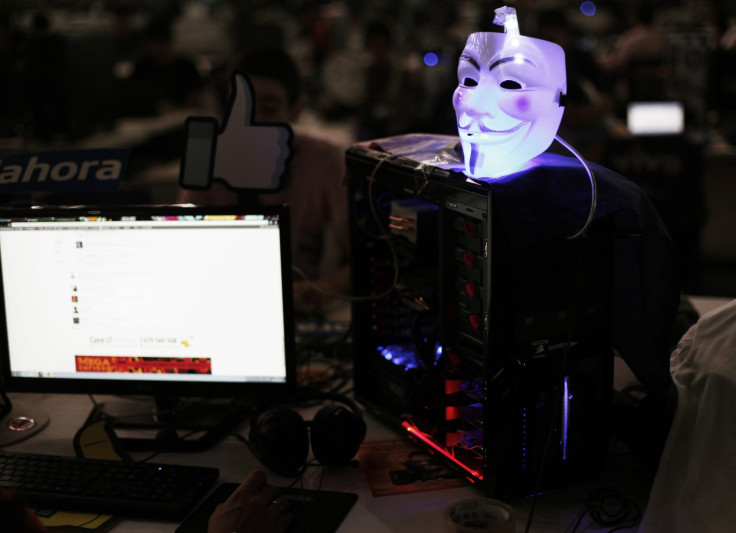Hackers hit Thai government with DDoS attacks protesting against restrictive internet law
Classified government records are believed to have been accessed by the hackers.

Anonymous hackers have reportedly hit Thailand government websites with targeted DDoS attacks in retaliation for the passage of a bill which is feared to impose considerable restrictions on internet freedom. The bill introduced amendments to the country's computer crime law and was unanimously passed by the military-appointed legislature on 16 December, according to reports.
The new law allows Thai authorities to monitor and access private communications as well as censor online content without a court order. The DDoS attack knocked out Thailand's defence ministry website. At the time of writing, the site remains inaccessible. Anonymous hackers also reportedly targeted the Thai Ministry of Digital Economy and Society, the Prime Minister's Office and the Office of the National Security Council.
A hacker, claiming to be part of the Anonymous campaign against the Thai government titled "Op Single Gateway", going by the pseudonym "blackplans", posted screenshots on Twitter of what he/she claimed were documents stolen from the compromised government sites.
The Thai defence ministry said the attack accomplished little. "They couldn't do anything because we have defence systems in place that are ready for such situations," said Kongcheep Tantrawanich, a defence ministry spokesman," ABC News reported.
He warned that further attacks could lead to "destroying financial systems, banks, transportation systems, airports and can cause damage toward the population of an entire country". The Thai government characterised the hackers as "thugs" bent upon "creating chaos" and "overstepping boundaries". The government has also asked the public to come forward with information about the hackers.
What is happening in #Thailand is an assault on debate, free speech & #privacy. #Anonymous & others must react. This is an attack on us all. pic.twitter.com/3zNPJwzk4b
— Anonymous (@blackplans) December 16, 2016
#Anonymous #hacks #Thai Gov Imm Ministry, dumps over 9,000 logins to protest #internet censorship law in #Thailand | https://t.co/l6D6q6Pg1w pic.twitter.com/UuJQu86JrV
— Anonymous (@blackplans) December 16, 2016
The government of #Thailand will never learn. The more you suppress the more resistance you will get
— anonymous (@Anonycast) December 19, 2016
Thai cyber controls raise censorship and privacy concerns
Privacy groups have raised concerns about Thailand's new cyber laws, which are believed to infringe on human rights and freedom of expression.
The UN Office of Human Rights said in a statement on Monday (19 December): "We are concerned by amendments to Thai legislation that could threaten online freedoms, and call on the government to ensure the country's cyber laws comply with international human rights standards."
According to local reports, Amnesty International, in collaboration with the Thai Netizen Network, lodged a petition with the Thai National Legislative Assembly. The petition, which has also been endorsed by 300,000 internet users, calls for reconsideration of the amendments to the computer crime act.
"The bill is very broad and open to interpretation and we will have to see how the government will implement these laws," said Arthit Suriyawongkul of the Thai Netizen Network. "It's not the law itself that is a rights violation, but the authorities' extensive power when monitoring and censoring online content, which could raise privacy concerns."
Thai Prime Minister Prayuth Chan-ocha defended the amendments to the nation's cyber laws. "This law is for when anyone posts something that is poisonous to society so that we know where it comes from," Prayuth said, Reuters reported.
"Don't think this is a rights violation. This isn't what we call a rights violation ... this is what we call a law to be used against those who violate the law," he said.
© Copyright IBTimes 2025. All rights reserved.






















